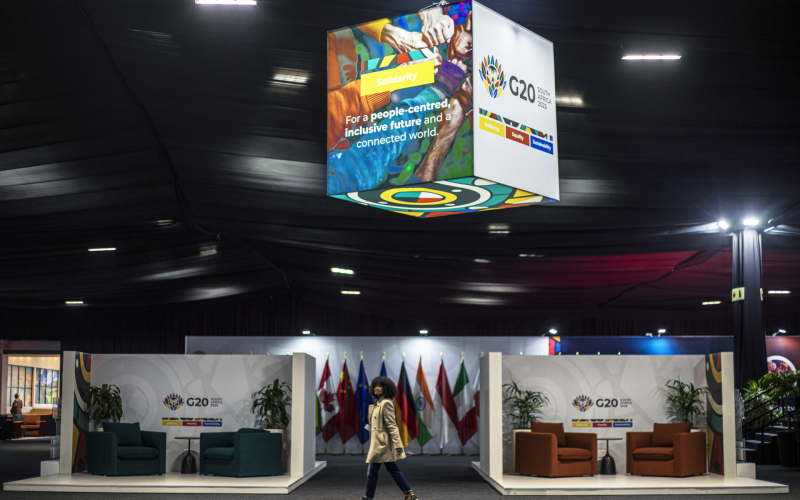This is in part possible owing to the restricted exchange of information (EOI) between national tax authorities, which limits these authorities’ capacity to conduct accurate MNE audits. In response, the Organization for Economic Cooperation and Development (OECD), with support from the G20, drafted the ‘OECD/G20 Base Erosion and Profit Shifting (BEPS) Package’, a set of 13 reports with 15 action plans. One important aspect in addressing BEPS is to increase the reliability and comparability of tax information between tax jurisdictions. Implementation of Action 13 – ‘Transfer pricing documentation and country-by-country reporting (CbCR)’ – is seen as part of the solution. By creating a set of standard reporting templates and model legislation to collect an MNE’s relevant business information, which could impact its corporate income tax liability, and establishing multilateral agreements to facilitate EOI across jurisdictions between tax authorities, Action 13 takes an important step towards addressing the current tax disclosure and transparency gaps and limiting the extent to which MNEs can shift their taxable profits. However, the proposed set of recommendations has a limited scope and is technically onerous to implement in poor, particularly African, countries where revenue authorities are severely resource-constrained. These issues and dilemmas are reviewed in relation to African resource mobilisation needs, and with an eye to the 2020 review of CbCR implementation.








